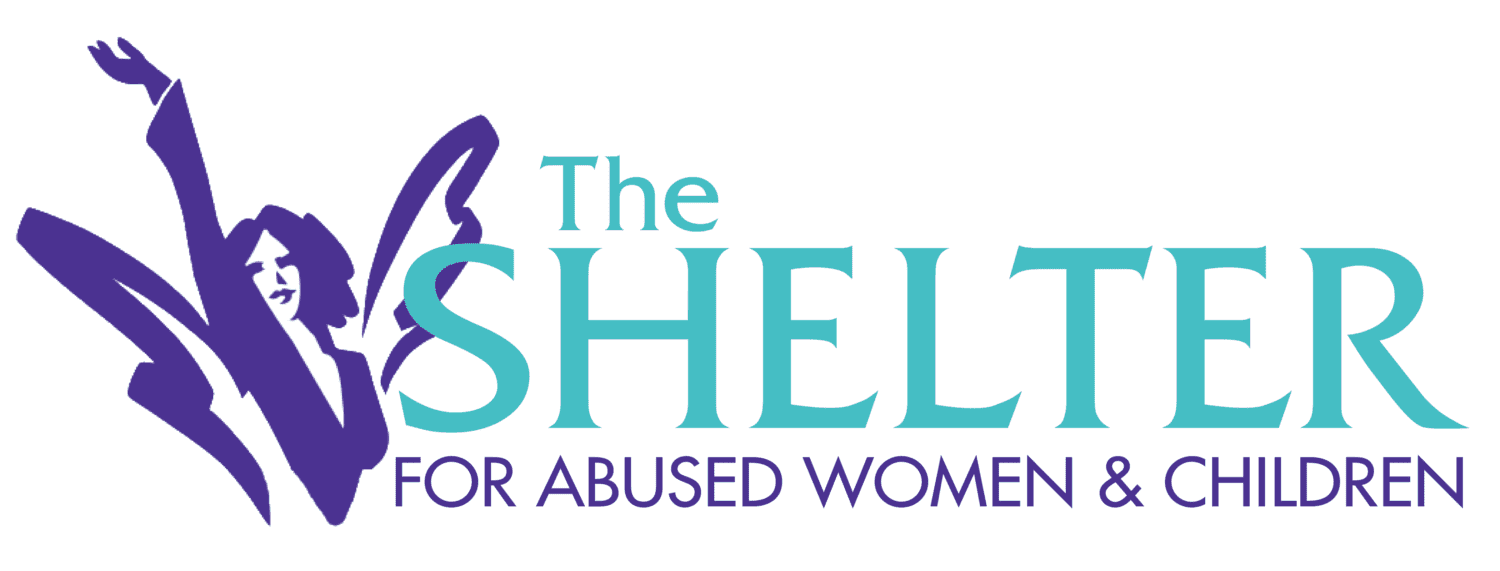1. Has your partner harmed you during pregnancy?
Pregnancy can be an especially dangerous time for people in abusive relationships, and abuse can often begin or escalate during the pregnancy. An abusive partner may become resentful and jealous that the attention is shifting from them to the pregnancy. They may be stressed over financial costs, increased responsibilities or angry that your body is changing. THESE ARE NOT EXCUSES FOR ABUSE. Domestic violence is leading cause of death to pregnant women.
2. Does your partner have access or owns weapons?
The presence of a gun in domestic violence situations increases the risk of homicide for women by 500 percent. More than half of women murdered with guns are killed by family members or intimate partners.
3. Have you been recently separated?
Leaving an abuser is the most dangerous time for a survivor of domestic violence. A study based on interviews with men who killed their wives shows that threats of separation or actual separations were most often the precipitating events that lead to the murder.
4. Has your partner stalked you?
According to statistics , 76% of women murdered by an intimate partner were stalked first and 85% of women who survived murder attempts were stalked. Additionally, 89% of women killed by their abuser were stalked in the last year prior to their murder.
5. Has your partner strangled (“choked”) you?
Strangulation is a significant predictor for future lethal violence. If your partner has strangled you in the past, your risk of being killed by them is 10 times higher. Strangulation is one of the most lethal forms of domestic violence: unconsciousness may occur within seconds and death within minutes
6. Has your partner threatened to kill you?
Prior threats to kill are one of the strongest risk factors linked to murder of an intimate partner. Expressed ideas, dreams or fantasies about killing you, the children, your relatives, or himself/herself is a risk factor linked to homicide; the risk is greater if the abuser is very specific about plans and frequently expresses them.
7. Does your partner have a history of substance abuse?
Being in an abusive relationship is already a difficult and dangerous situation. Alcohol and/or drug abuse make matters worse. When a partner is under the influence, the risk of all types of abuse (physical, verbal, emotional, financial, and sexual) increases.
8. Has your partner sexually abused you (demanding sex, forcing sex, coercing you to have sex with others or practice unwanted sexual acts, transmitting STD’s, sexual criticism)?
A physically-abused woman who is also experiencing sexual violence was more than seven times more likely than other abused women to be killed. Whether it’s a hook up, a committed relationship or even a marriage, you are never obligated to give consent even if you have done so in the past.
If your partner becomes physically violent if you say no to a sexual activity, sometimes ‘giving in’ may be the best way to protect yourself. Protecting your immediate safety is NOT CONSENT – it is survival. Consent cannot happen when someone feels unsafe saying “no.”
9. Do you believe your partner will kill you?
You are the expert in your life. If you believe your partner will kill you, seek help immediately. Call 911 or The Shelter’s Crisis Line at 239-775-1101.




